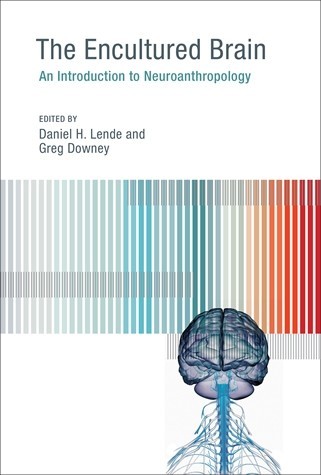



The Encultured Brain claims to break with earlier notions of culture:
For a long time, anthropologists have focused on culture as a system of symbolic associations, public signs, or shared meaning. But from the perspective of the nervous system, patterns of variation among different groups also include significant unconscious, non-symbolic traits, such as patterns of behavior, automatized response, skills, and perceptual biases. This neuroanthropological framing opens more space for considering why all types of cognition may not operate in identical fashion, and how non-cognitive forms of neural enculturation may influence thought and action. (Downey and Lende 2012, 37)
In other words, culture is not only about shared representations but also about “shared conditionings of the nervous system.” This may seem self-evident, since it is unlikely that there can be shared patterns of behavior, either symbolic or automatic, in the absence of some shared brain processes. Yet for the authors we just quoted, it is the “implications” of that principle that appear “obvious.”
[...] All of this, as the authors say, is obvious. The questions are whether, or in what sense, examining changes in the brain significantly adds to an understanding of culture beyond reiterating that neurobiological processes are involved, and how the notion of culture operates within the conceptual and methodological framework of the neuro.

Cover of the book
Basic concepts and case studies from an emerging field that investigates human capacities and pathologies at the intersection of brain and culture.
The brain and the nervous system are our most cultural organs. Our nervous system is especially immature at birth, our brain disproportionately small in relation to its adult size and open to cultural sculpting at multiple levels. Recognizing this, the new field of neuroanthropology places the brain at the center of discussions about human nature and culture. Anthropology offers brain science more robust accounts of enculturation to explain observable difference in brain function; neuroscience offers anthropology evidence of neuroplasticity's role in social and cultural dynamics. This book provides a foundational text for neuroanthropology, offering basic concepts and case studies at the intersection of brain and culture.
After an overview of the field and background information on recent research in biology, a series of case studies demonstrate neuroanthropology in practice. Contributors first focus on capabilities and skills—including memory in medical practice, skill acquisition in martial arts, and the role of humor in coping with breast cancer treatment and recovery—then report on problems and pathologies that range from post-traumatic stress disorder among veterans to smoking as a part of college social life.
You can purchase The Encultured Brain at the link below:

Greg is a teacher, writer, and anthropologist who has conducted field research in Brazil, the United...

Daniel Lende is an Associate Professor of Anthropology at the University of South Florida.

Inspired by the homonymous book by Fernando Vidal and Francisco Ortega, this timespace presents the authors' genealogy of the cerebral subject and the influence of the neurological discourse in human sciences, mental health and culture.